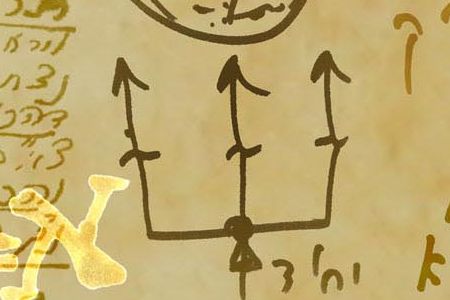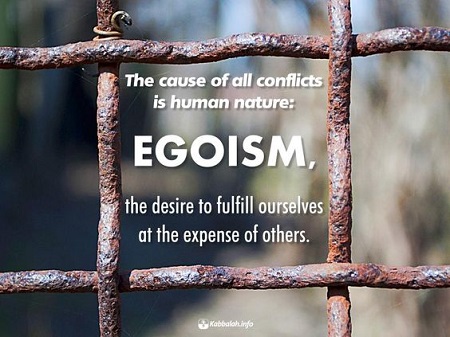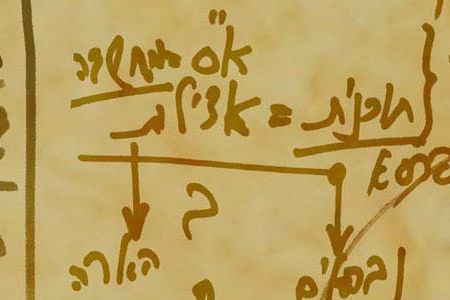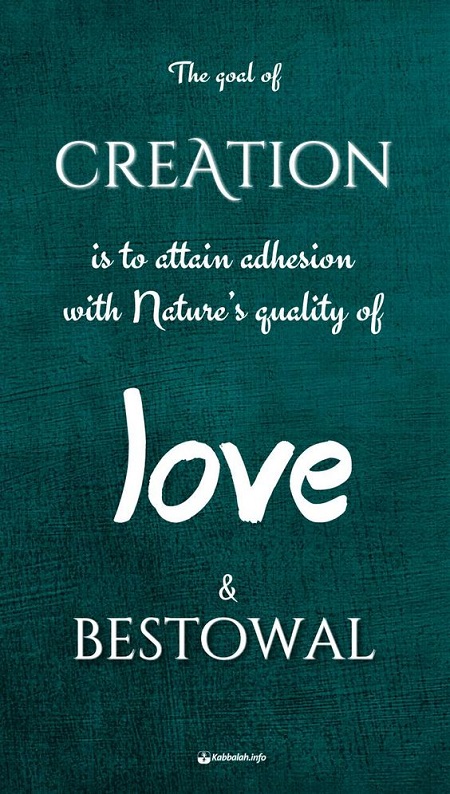VaYera (The Lord Appeared) Parsha – Weekly Torah Portion
Genesis, 18:1-22:24
This Week’s Torah Portion | November 13 – November 19, 2016 – 12 Cheshvan – 18 Cheshvan, 5777
In A Nutshell
The portion, VaYera (The Lord Appeared), begins with the story of the three angels that came to Abraham and told Sarah she would have a son. Sarah laughed because she could not believe that she would have a son at her age. Yet, she did have a son, whose name was Ytzhak (Isaac) named after her Tzhok (laughter).
The angels continued on their way to destroy the cities, Sodom and Gomorrah, due to the many sins being committed there. Lot and his family were allowed to escape, but Lot’s wife did not obey the angels’ orders, turned around to look, and became a pillar of salt. Lot and his two daughters made it to a cave. Lot’s daughters were certain that they were the only survivors in the world, so they tricked their father into having children with them.
Later in the portion, following Sarah’s request, Abraham expels Hagar and Ishmael to the desert; the Creator commands Abraham to sacrifice his son, Isaac, and in the last moment, an angel stops the execution. Abraham takes a ram that he found caught in the thicket and offers it instead of his son.
Commentary by Dr. Michael Laitman
In “A Preface to the Book of Zohar,” one of Baal HaSulam’s introductions to The Book of Zohar, he offers a special explanation of our perception of reality. The explanation details how we perceive the reality we live in, and how the place where we are is depicted in us as an image of emotions, which are portrayed as solid, as gas, as liquid, etc.
The Zohar and the wisdom of Kabbalah explain that due to the way in which we perceive reality—with our qualities and senses—we react to something outside of us, which we do not know, and which we turn into various colors and materials. However, we need to acquire additional senses and rise to a higher perception of reality, above our senses. This is how we will discover the upper world.
The Book of Zohar speaks to us in the “language of the branches,” using the terms of our world. It tells us how we can obtain and be impressed with the new form, which is higher than our world. Sometimes our concepts seem real to us, such as a pillar of salt, the upheaval of Sodom and Gomorrah, or the story of the three angels, etc., since “a verse does not extend the literal” (Masechet Yevamot, 24a). Yet, we should strive to see these concepts as relationships between us in the common soul.
The events of the portion are not merely historic tales; they are sources that deal with the connections between us. The role of these sources is to teach one who wishes to advance and rise to the new perception of reality how to scrutinize one’s desires, qualities, forces, and the connections between them, in order to design from them the perception of reality that is called, for instance, “the portion, VaYera.”










